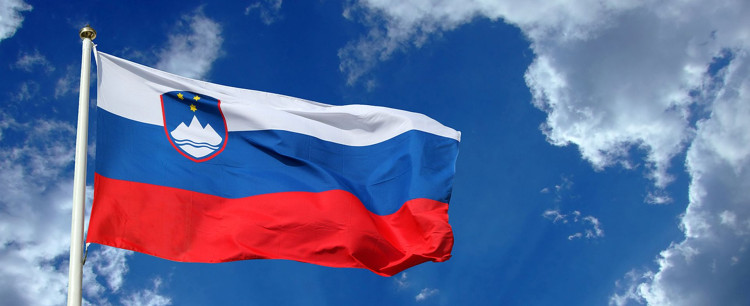An International Atomic Energy Agency (IAEA) team of experts has concluded a five-day follow-up mission to review the emergency preparedness and response framework for nuclear and radiological emergencies in Slovenia. The Emergency Preparedness Review (EPREV) was carried out at the request of the Slovenian Government and hosted by the Slovenian Nuclear Safety Administration (SNSA) and the Administration for Civil Protection and Disaster Relief (ACPDR).
The team observed a commitment at all levels to emergency preparedness and noted that Slovenia has made significant progress in developing and revising emergency arrangements since an initial EPREV mission in 2017. This full scope mission in 2017 found a sustained commitment to emergency preparedness and response (EPR) by all response organizations in Slovenia but highlighted the need to further strengthen coordination between all response organizations to ensure integrated planning.
Slovenia uses nuclear and radiation applications in a number of ways. Its single nuclear power facility, the Krško Nuclear Power Plant (NPP), is located in eastern Slovenia and is co-owned by neighbouring Croatia. Equipped with one pressurized-water reactor, it has a net electrical output of 696 megawatts (electrical) (MW(e)) producing 40% of the country’s electricity. In addition, Slovenia has a TRIGA research reactor and a Central Interim Storage for Radioactive Waste, both located at the Podgorica Reactor Center, and uses ionizing radiation for industrial, medical and research purposes.
David Nodwell, former Director of Emergency Management at the Ontario, Canada Office of the Fire Marshal and Emergency Management, led the six-person review team, which included experts from Bulgaria, Ireland, the Netherlands, Spain and one IAEA staff member.
“We commend the responsiveness of Slovenia and tremendous amount of work done since the initial review, particularly given that much of this progress was accomplished during the COVID-19 pandemic,” Nodwell said. “Especially noteworthy is the development of the national protection strategy, the amendments to the relevant national regulations and the draft National Emergency Plan. Slovenia has also upgraded their training programme, exercises and procedures for public communication.”
During the mission, the review team met with counterparts from the SNSA, ACPDR, the Ministry of Health, the Ministry of Interior, the Slovenian Radiation Protection Administration, the Agency for Radwaste Management, the Administration for Food Safety, Veterinary Sector and Plant Protection and the Government Communication Office. The team also met with representatives of the Municipality of Krško and visited the Central Interim Storage for Radioactive Waste.
The EPREV team identified several strengths during the mission, including:
- The National Emergency Response Plan was comprehensively reviewed and updated with the involvement of all relevant stakeholders in a coordinated manner.
- The national protection strategy is closely aligned with IAEA safety standards.
- The Radiation Monitoring Programme has been enhanced to support the implementation of the national protection strategy.
- Exercise and training programmes were further developed and are being conducted.
The team also made suggestions to further strengthen EPR arrangements, including:
- Finalizing arrangements for the termination of an emergency.
- Amending emergency plans of response organizations at all levels to align with the revised National Emergency Response Plan.
- Coordination and integration of safety and security aspects of the response to a nuclear emergency.
- Implementing a comprehensive quality management programme in all emergency response organizations.
“Among the activities undertaken to address the recommendations from the initial EPREV mission in 2017, the most important one was the endorsement of the national protection strategy for nuclear and radiological emergencies,” said Igor Sirc, Director of the Slovenian Nuclear Safety Administration. “Efforts to implement the recommendations of the initial mission, culminating in the EPREV follow-up mission this year, have strengthened the emergency preparedness and response arrangements in Slovenia.”
About EPREV Missions
EPREV missions are one of the peer reviews offered by the IAEA to strengthen nuclear safety in Member States. EPREV missions focus on the arrangements and capabilities to prepare for and respond to nuclear and radiological emergencies. EPREV missions are based on the IAEA Safety Standards in nuclear and radiological emergency preparedness and response.
IAEA Safety Standards
The IAEA Safety Standards provide a robust framework of fundamental principles, requirements and guidance to ensure nuclear safety. They reflect an international consensus and serve as a global reference for protecting people and the environment from the harmful effects of ionizing radiation.


